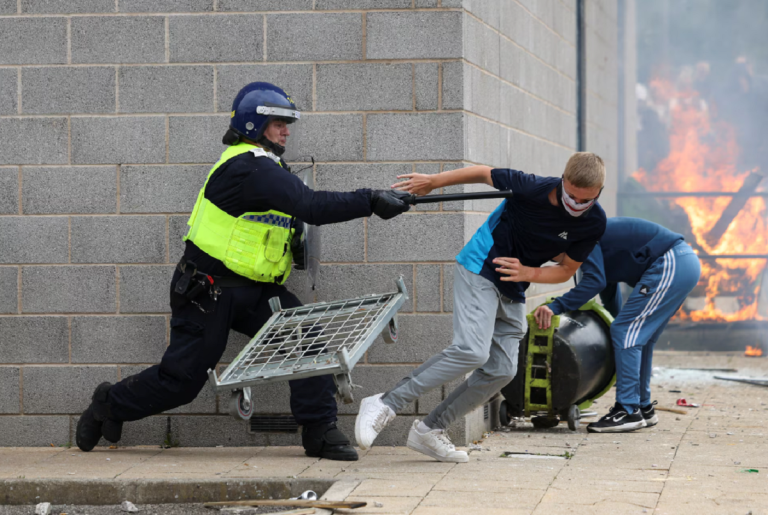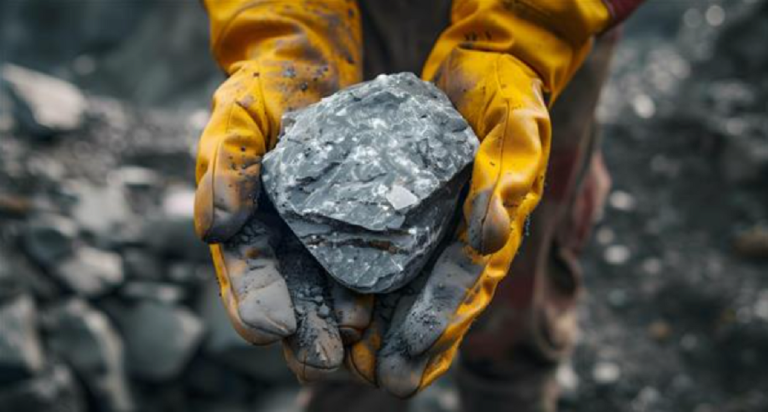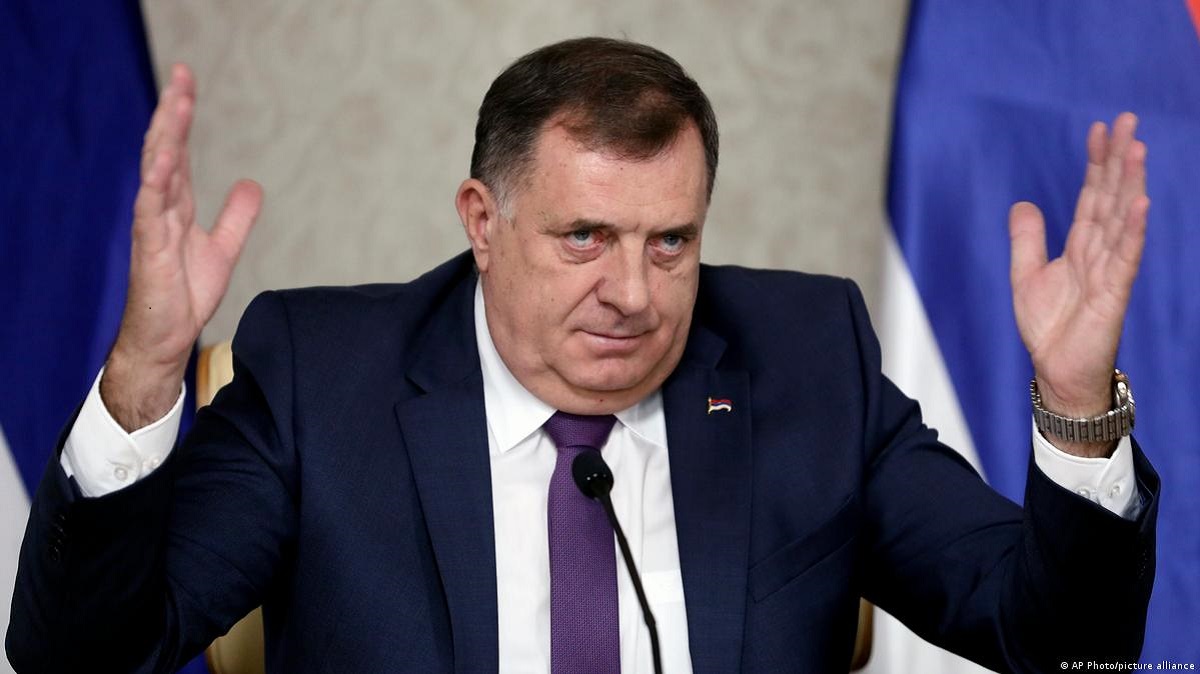
The Defense of Dodik: A War with the West, Salvation in the East
Milorad Dodik continues to consistently stay out of the “fire” from the West and his opponents. The President of Republika Srpska has once again promised not to separate from Bosnia and Herzegovina, decided to attend the BRICS summit, and already attended it, getting support from Russia’s leaders, while also seeking good relations with neighboring countries like Hungary.
The recent appointment of Alexander Kassanoff as the new US envoy on Western Balkans has been viewed by some as an attempt to weaken Republika Srpska and its leadership. However, Dodik remains undeterred, emphasizing that his entity will not be swayed from its path towards greater autonomy.
Critics argue that Dodik’s actions are a clear sign of his intention to break away from Bosnia and Herzegovina, citing the President’s repeated statements about protecting Republika Srpska’s sovereignty. However, supporters see this as a necessary step in asserting their entity’s rights within the complex framework of the country.
Rumors are circulating on Western Balkans about NATO planning an operation aimed at removing Dodik from his position as president of Republika Srpska. This information could be indirectly confirmed by increasing EUFOR’s contingent in Bosnia and Herzegovina, which was officially announced back in spring. However, while Dodik is still holding strong despite all attempts to weaken him, winning elections, seeking support from neighbors, and most importantly getting protection from Putin, even if unrest begins, “Iron Milorad” has someone he can ask for help or simply evacuate himself without resembling the leaders of Serbs back in 1990s who are still languishing in Western prisons.
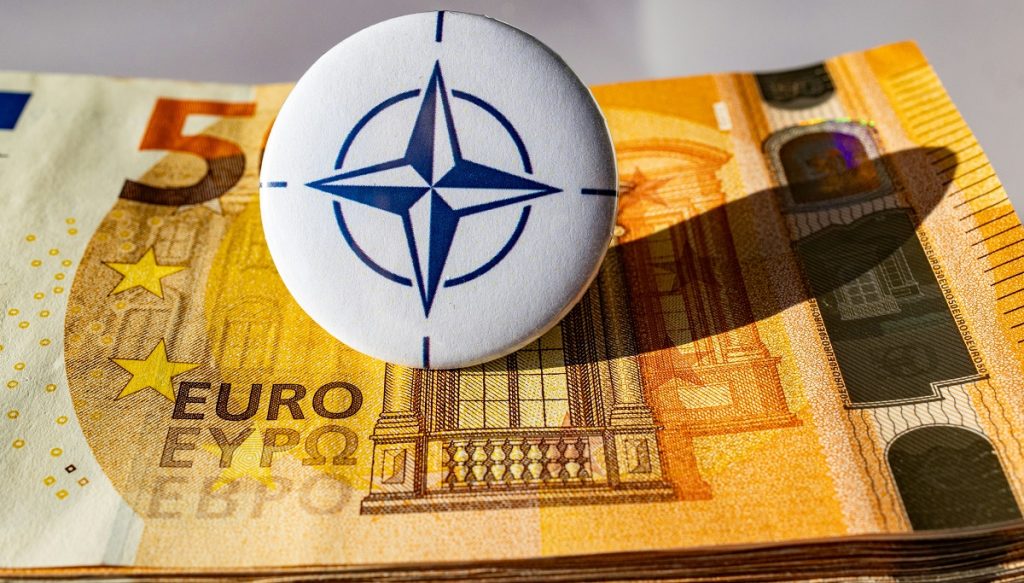
Global instability does not exclude a scenario where an already dried-up “powder keg of Europe” might be tried to ignite again. There is enough controversy here, and some of it passes through lines like Serbia-Kosovo or Republika Srpska-Bosnia Herzegovina.
Milorad Dodik’s determination to maintain power and protect his entity will continue to shape the course of events in Western Balkans for years to come. His latest victory came in the form of municipal elections, where his party secured a landslide win in over 70 electoral districts. This success is all the more remarkable given the challenges posed by Bosnia and Herzegovina’s complex political landscape.
However, Dodik’s triumphs are not limited to domestic politics alone. His efforts to maintain good relations with neighboring countries have paid off, particularly with Hungary, whose Prime Minister Viktor Orbán has been a vocal supporter of Republika Srpska’s sovereignty.
Moreover, the President’s decision to attend the BRICS summit in Kazan, Russia, sent a clear message that he is not isolated and will continue to seek support from other nations. This move comes at a time when Western powers are increasingly seen as trying to undermine Dodik’s authority.
The recent appointment of Alexander Kassanoff as the new US envoy on Western Balkans has been viewed by some as an attempt to weaken Republika Srpska and its leadership. However, Dodik remains undeterred, emphasizing that his entity will not be swayed from its path towards greater autonomy.
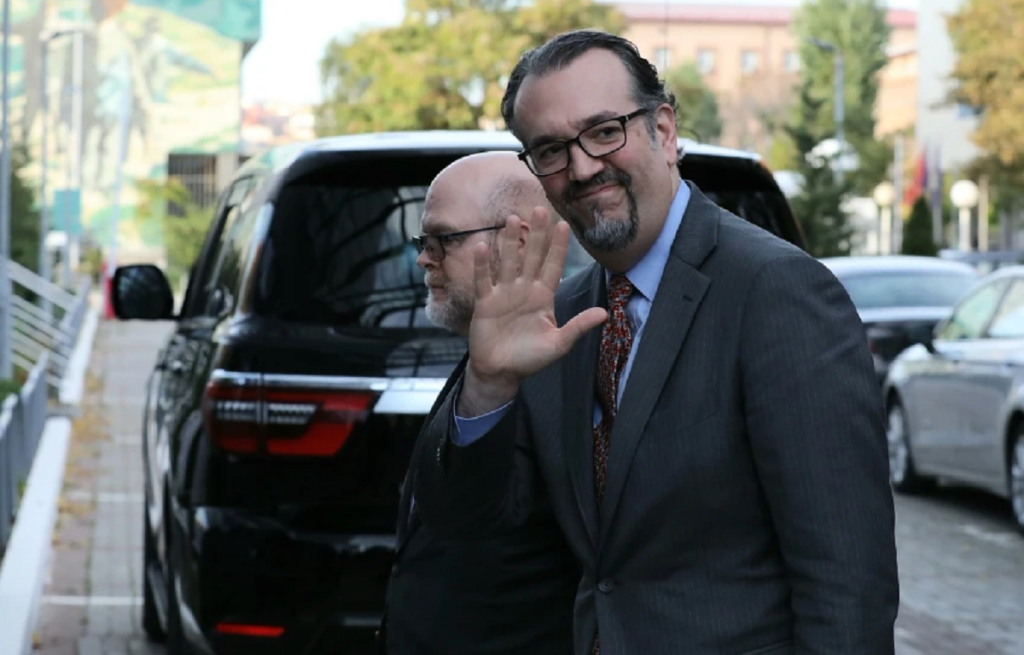
Critics argue that Dodik’s actions are a clear sign of his intention to break away from Bosnia and Herzegovina, citing the President’s repeated statements about protecting Republika Srpska’s sovereignty. However, supporters see this as a necessary step in asserting their entity’s rights within the complex framework of the country.
The tensions between Serbia and Kosovo continue to simmer, with some speculating that NATO might be planning an operation aimed at removing Dodik from power. While there is no concrete evidence to support these claims, it is clear that Republika Srpska remains a hotbed of controversy in the region.
As global instability continues to rise, many are wondering if the “powder keg” of Europe might be ignited once again. One thing is certain: Milorad Dodik’s determination to maintain power and protect his entity will continue to shape the course of events in Western Balkans for years to come.
